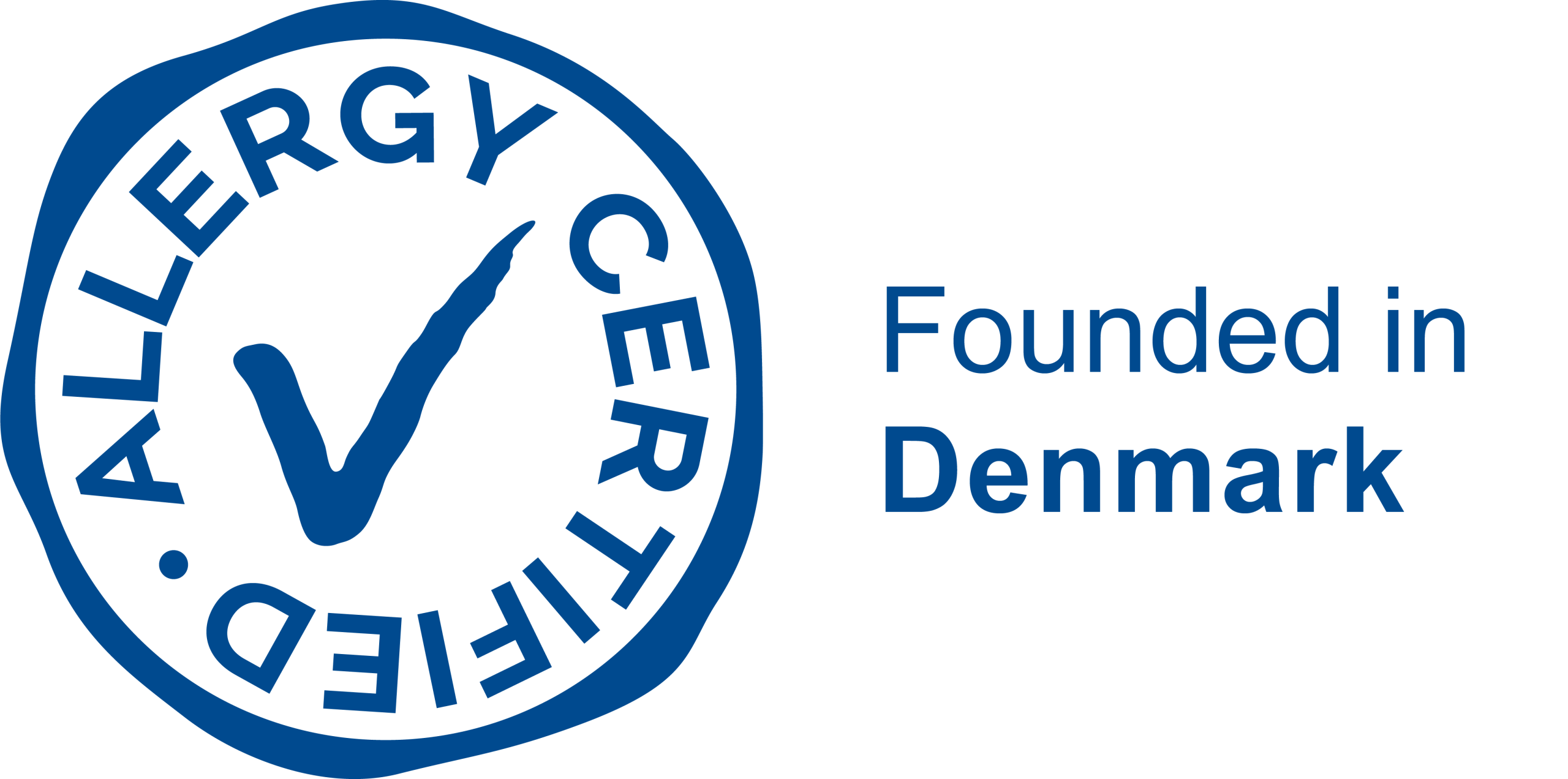Free me for free of

Back in the late 1990’s I worked for two MPs at the Danish Parliament. One of the bigger political discussions we had was whether functional foods was a good idea. I was on the nay team. To put it short a functional food is a food where something has been added that is not normally in the food. Example: a yoghurt has had vitamin d added. Now the product owner can write on the product: ‘Now with extra vitamin D that is good for you during winter.’ The problem is that when the consumer sees this he or she thinks ‘ah, here is a product that is extra good for me so I better buy it and maybe I should even eat more than I normally do’. But what about the sugar level in the product, what about the fat in the product and so on.
Today I work with cosmetic products and allergy. Many companies write free of on their products. Free of parabens, free of perfume, free of preservatives and the list goes on. In Denmark many a consumer will choose a product that says ‘free of parabens’. This has to do with the paraben discussion that has been going on in Denmark for the last 10-15 years. The problem for the consumer is that when he or she chooses a product simply because it says free of parabens, the consumer might not think about the other ingredients that have been used in the product. Just imagine this scenario: ‘free of parabens’ but with lots of perfume and isothiazolinone (very allergenic preservative). So the free of wording is more often misleading and an easy way for the companies to sell their products instead of a way to help the consumer choose the best products. For that reason I am looking forward to the day when the EU Parliament will finally agree on banning the product claims that do not help the consumers make healthier, smarter choices.
